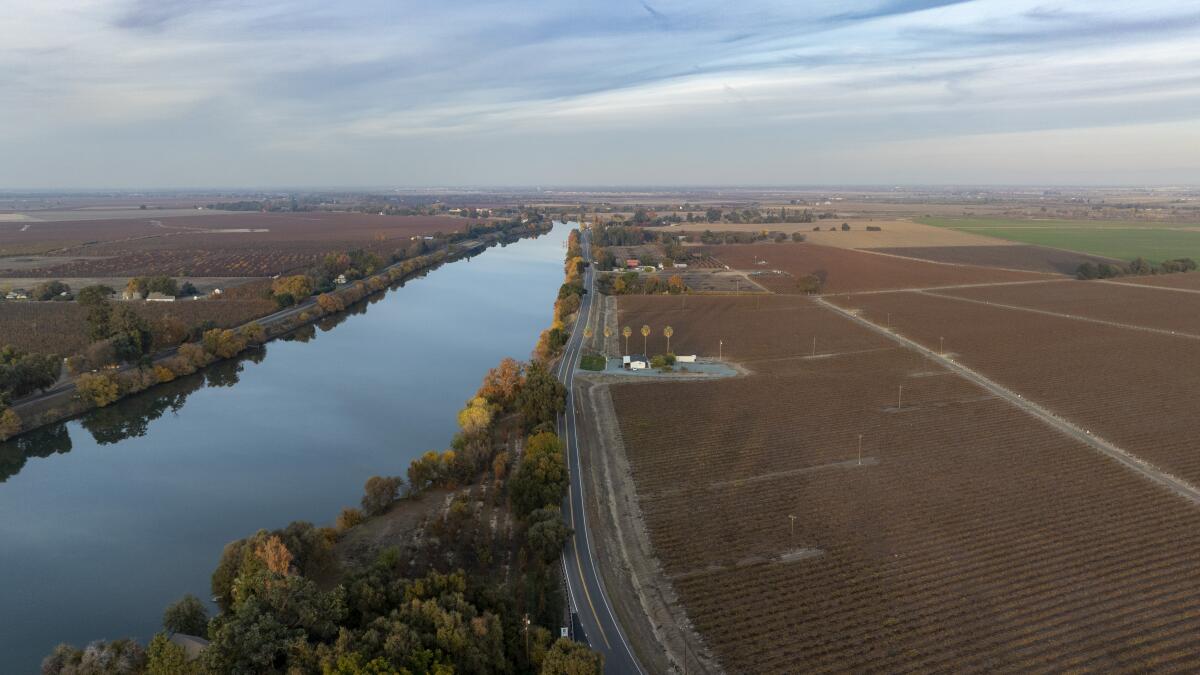Delta Showdown: Newsom's Massive Water Tunnel Project Faces Critical Battle

California's Ambitious Water Infrastructure Plan Sparks Heated Debate
In a bold move that could reshape the state's water management, Governor Gavin Newsom's administration is championing a massive $20 billion water tunnel project that promises to transform California's complex water distribution system. As state regulators convene critical hearings, the proposed infrastructure initiative has ignited a passionate and increasingly contentious battle among stakeholders.
The proposed tunnel, a massive engineering undertaking, aims to modernize water transportation from the Sacramento-San Joaquin River Delta, a crucial water source for millions of Californians. Proponents argue that the project will enhance water reliability, support environmental conservation, and provide a more resilient water supply in the face of climate change and prolonged drought conditions.
However, the project is far from unanimous. Environmental groups, agricultural interests, and local communities are locked in an intense debate, raising concerns about potential ecological impacts, cost-effectiveness, and the long-term sustainability of such a massive infrastructure investment.
As hearings continue, the water tunnel project has become a microcosm of California's ongoing struggle to balance environmental preservation, agricultural needs, and urban water security. The outcome could have far-reaching implications for the state's future water management strategy.
